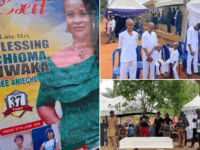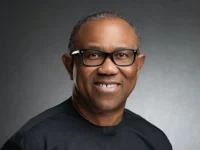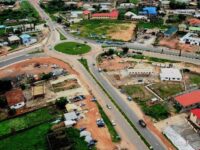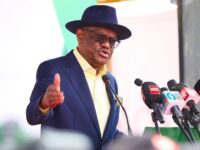In a historic move that marks a pivotal moment for Nigeria’s veteran community, President Bola Tinubu has appointed the first-ever female chairman of the Nigerian Legion. This groundbreaking decision not only breaks longstanding gender barriers but also signals a progressive shift in the leadership of an organization dedicated to honoring and supporting the country’s war veterans. As the Nigerian Legion embraces this new chapter, the appointment reflects broader societal changes and the growing recognition of women’s roles in shaping the nation’s future.
Tinubu’s Historic Appointment Marks a New Chapter for Gender Inclusion in Nigerian Leadership
In a groundbreaking move that resonates throughout Nigeria’s leadership landscape, President Tinubu has shattered a long-standing glass ceiling by appointing the first female chairman of the Nigerian Legion. This appointment not only honors her exceptional leadership qualities but also symbolizes a decisive shift towards inclusive governance where gender equality takes a front seat. The decision underscores a progressive vision, embracing diversity as a catalyst for sustainable growth and national unity. Key highlights of this historic appointment include:
- Empowerment: Recognizing women’s potential in leadership roles traditionally dominated by men.
- Representation: Providing a powerful role model for young Nigerian women aspiring to public service.
- Innovation: Infusing fresh perspectives into veteran institutions that shape veterans’ welfare and national policy.
| Aspect | Significance |
|---|---|
| Leadership Style | Collaborative and inclusive |
| Impact | Enhanced advocacy for veterans |
| Public Reaction | Widely celebrated across gender lines |
Insights and Conclusions
As Nigeria turns a new page with the appointment of its first female chairman for the Nigerian Legion, this milestone resonates beyond the walls of the organization. It marks a subtle yet powerful shift in a landscape long dominated by tradition, heralding a future where leadership is defined by capability and vision rather than convention. While challenges undoubtedly lie ahead, this historic decision invites a renewed sense of hope and progress-proof that change, when embraced, can lead the way to a more inclusive and dynamic Nigeria.


















0 Comments